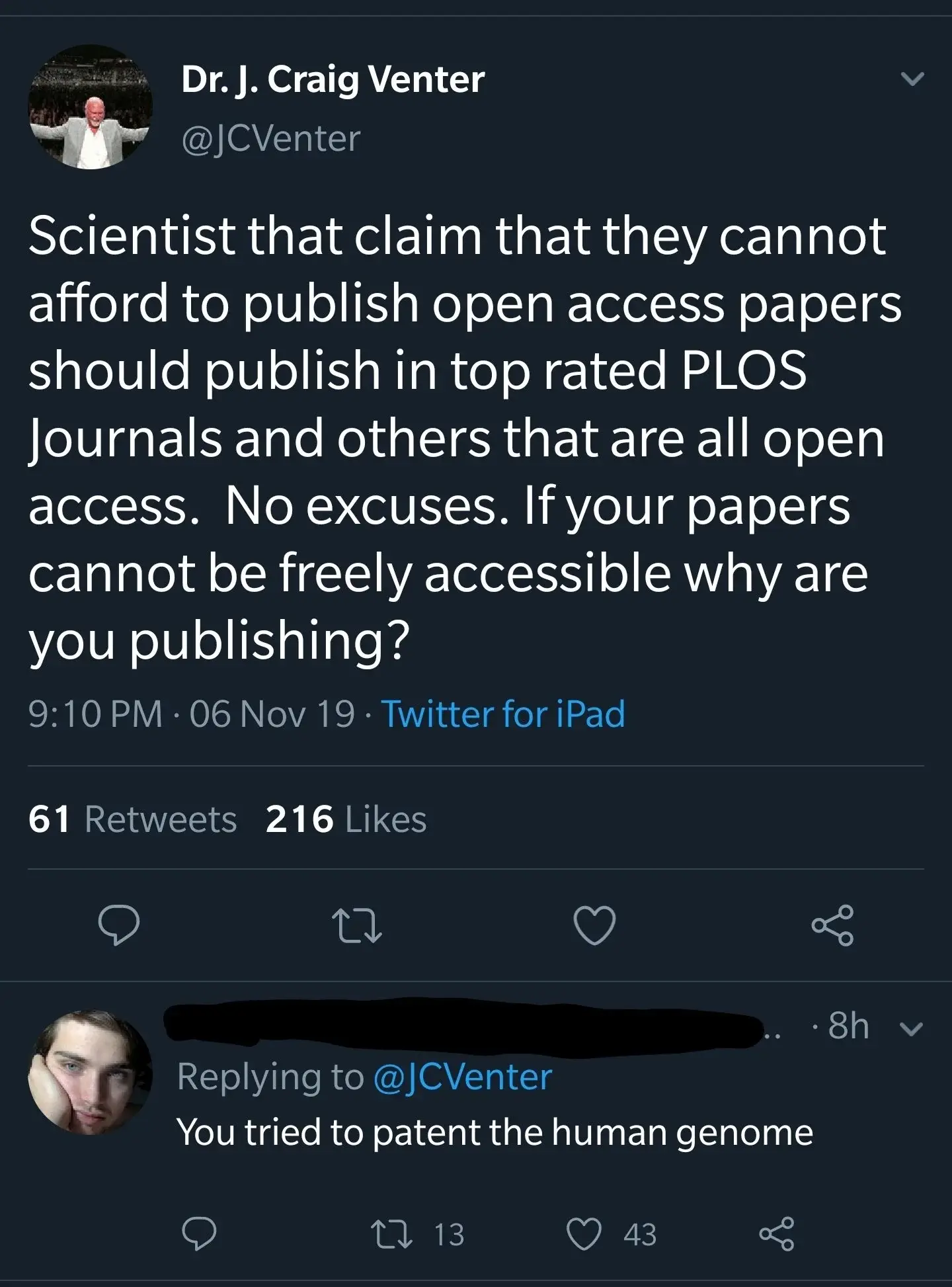Nestlé has been patenting human milk proteins for decades. To my understanding, this prevents other companies to add such molecules to baby formula, even if somehow methods to synthesize said molecules were developed.
That is a scary notion, a malevolous intent and a gross outcome.


